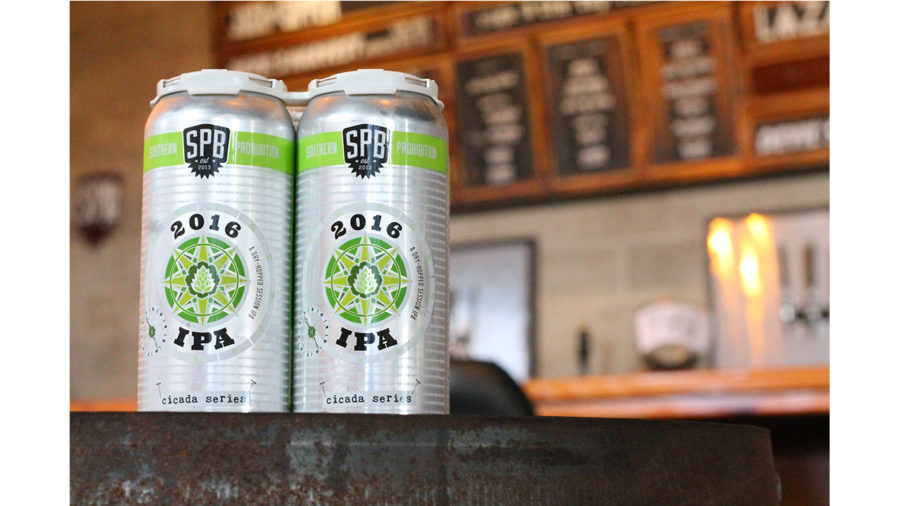The Mississippi Brewer’s Guild members, legislators and all Mississippi breweries are coming together to draft a sales bill and modernize the strict distribution laws in Mississippi to benefit smaller businesses.
The Mississippi Brewers Guild will present a draft of a bill to allow all breweries to sell on-site.
Although the definition of small and large breweries remains unclear, the draft has limitations according to size that would allow the breweries to sell up to 2,000 barrels, or 10 percent, of total production depending on the larger quantity.
According to the Mississippi Office of Alcoholic Beverage Control (MS ABC) website, Mississippi created the MS ABC, which is “responsible for maintaining fair and equitable enforcement of the Local Option laws, the prohibition laws, and state beer laws,” after the repeal of prohibition in the state in 1966. The MS ABC created a three-tier alcohol distribution system.
“Producers and manufacturers (first-tier) can only sell products to wholesalers/distributors (second-tier) who then sell to retailers (third tier),” the MS ABC website wrote. “
However, producers and manufacturers are allowed to provide certain size samples during tours or events, according to Title 35 by MS Tax Commission for Alcoholic Beverage Control.
Forty-eight other states hold the same three-tier system. However, these states have managed to reserve their laws in order to give smaller breweries the opportunity to bring in a higher profit.
Beer enthusiasts fought for high- gravity beers and the ability to home brew, and are continuing to fight for Mississippi’s right to fair brew laws that many other states have legalized.
Matthew McLaughlin, general counsel to the Mississippi Brewer’s Guild and one of the bill drafters, discussed a common misconception regarding the modification.
“It’s essentially on-site selling and drinking that is being focused on,” McLaughlin said. “We are one of the last two states left without the rights to any direct selling. Most opposed are generally people who are under the impression that is is detrimental to the three-tier system, which is not the case.”
According to the Mississippi Brewer’s Guild, out of the 30 million cases of beer sold in Mississippi each year, 90,000 of those cases are produced by state breweries.
“If Mississippi made regulatory changes these numbers would increase significantly,” McLaughlin said. “The bill would give so many breweries the freedom to have a chance at being a competitive growing market.”
The bill would allow breweries like Hattiesburg’s Southern Prohibition to sell six-packs, pints or half pints and for consumers to fill up their beer growlers. The bill would also allow one off-site retail in the same county, which could include a fully functioning taproom or brewpub.
Emily Curry, sales & marketing representative at Southern Prohibition, discussed regulations effect on Southern Prohibition and other smaller breweries and how they will benefit from the bill.
“The next step for Southern Prohibition is that we need to pass a few laws for us to see beer in the taproom,” Curry said. “We are one of two states that are not allowed to sell beer at the brewery. There are a lot of restrictions to become a brewery.” Curry said that right now, laws are tough. “For now, we should just want to grow and keep making amazing beers,” Curry said. “There is such an industry to be made if change is accepted.” Mississippi legislators united to try to expand the growing craft beer culture. After supporting the organization Raise Your Pints 2013 effort, Toby Barker, state representative for District 102, will support of the bill.
“The effort to modernize is the next step in microbreweries because these are generally ran by young professionals,” Barker said. “By creating these products we are getting a large surge in Mississippi factoring. We should support it even if it does tweak long held institutions.”
Barker plans on introducing being a cosigner of the bill and possibly plans on co-sponsoring alongside, Patti Willis, state representative for District 95.
The official bill will release as early as the next couple of weeks to the public and is currently in the final stages of drafting.




































